
For the third consecutive year, OUP’s Responsible Publishing Report showcases our ongoing commitment to environmental sustainability, operating ethically, and supporting the communities we work with, aligned with the United Nations Sustainable Development Goals (SDG) Publishers Compact.

Supported the launch of the PISA 2025 Science Framework, working alongside the Organization for Economic Cooperation and Development (OECD).
Continued our progress on the creation of the Oxford Dictionary of African American English (ODAAE).
Offered guidance on how best to welcome and support refugee learners into the classroom.
Reduced the use of plastic in book covers by 35 tonnes per year in India alone.
Undertook 15 modern slavery audits across three different continents.
Recruited a network of wellbeing champions to help provide colleagues worldwide with wellbeing advice and support.
Donated over 292,000 books to charitable initiatives worldwide.
“OUP is a signatory of both Publishing Declares and the SDG Publishers Compact . I am pleased to share the following report with you, highlighting the progress that we have made towards our responsible publishing goals over the past year. Despite the challenges posed by the uncertain global context, our colleagues have successfully delivered impactful initiatives and activities that we believe will make a positive difference .”
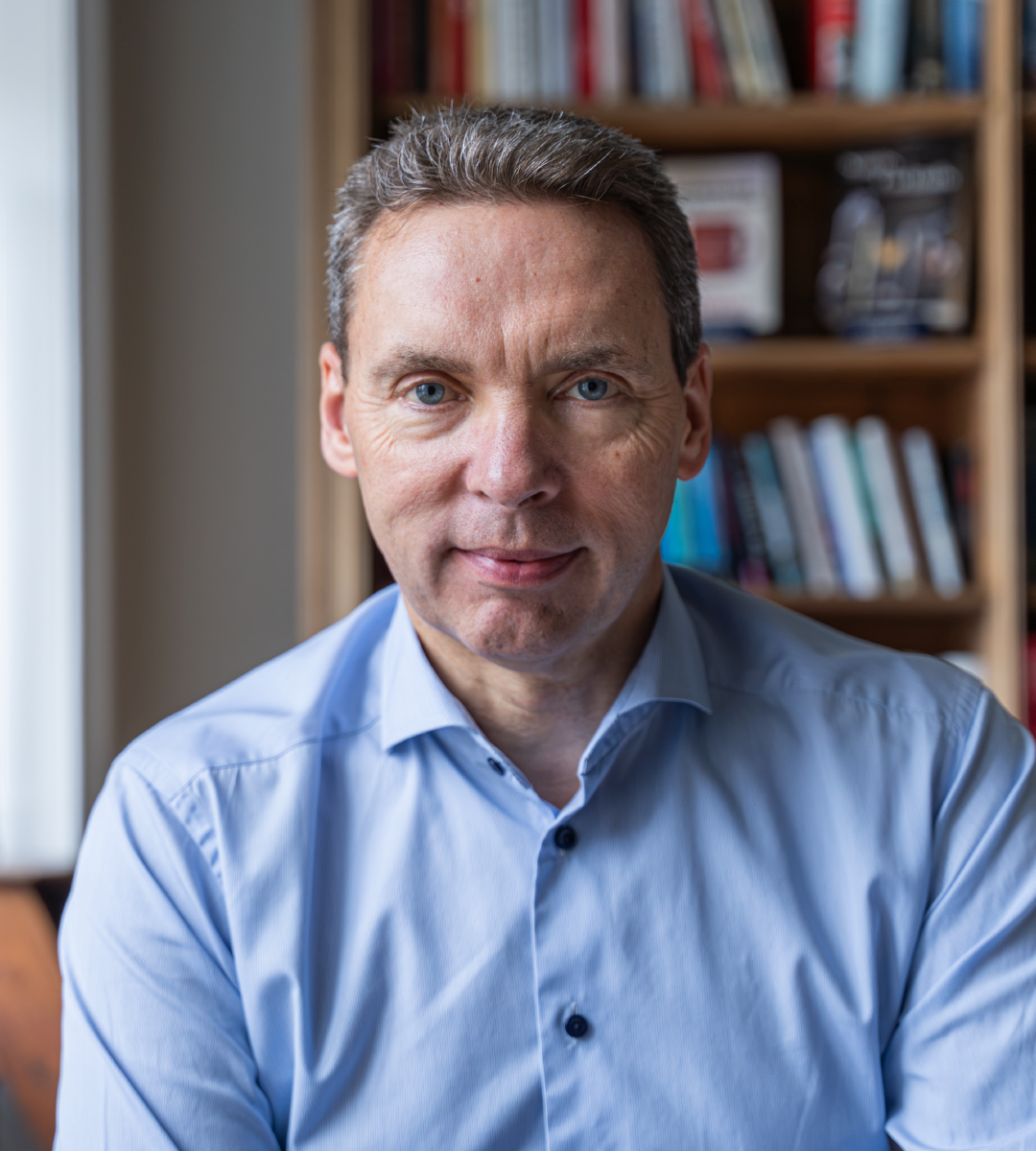

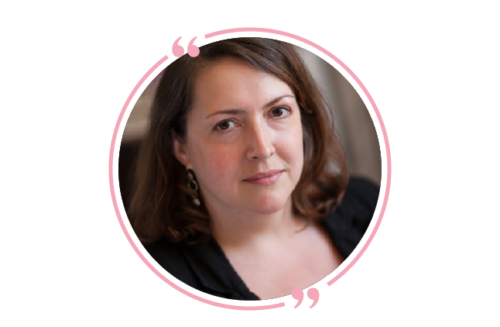
Director of Content Strategy and Acquisition for Research Publishing, on Oxford Intersections
“ In connecting original research of the highest quality across disciplin es , we hope to spotlight pressing global topics , collapsing the gap between research and real-world impact and taking new work to a broad readership as quickly as possible.”

Recording African American contributions to the evolution of the English language through the Oxford Dictionary of African American English (ODAAE). Working in collaboration with Harvard University’s Hutchins Center for African and African American Research, the project aims to create an authoritative record of African American English with evidence taken from books, newspapers, song lyrics, social media, and more. Words include cakewalk, Aunt Hagar’s children, old school, do-rag, and bussin’.
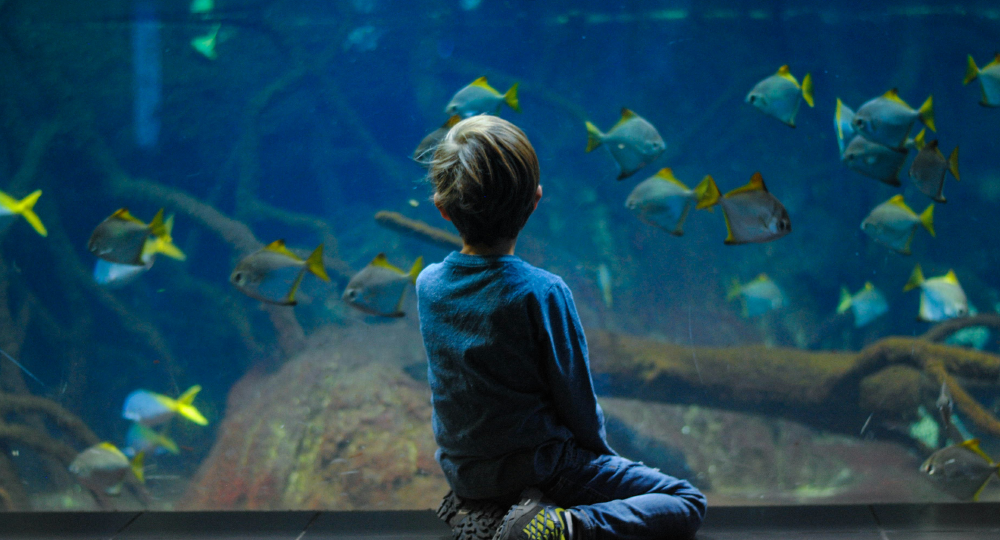
Driving discussions around how science education can encourage sustainability and environmental action with the launch of the PISA 2025 Science Framework. Developed by OUP for the Organization for Economic Cooperation and Development (OECD), the framework will support the development of the assessments taken by 15 year-olds in 2025 and influence conversations about the need to equip young people with scientific competencies that will positively impact the environment.

Tackling the widening vocabulary gap in the UK by extending the Raise a Reader initiative in continued partnership with the National Literacy Trust. Our Oxford Children’s Language Report in December 2023 showed that four in ten children have fallen behind in vocabulary development. OUP has supported ten more schools in Oxfordshire to set up dedicated libraries to address this.

Supporting refugees through education with new research for teachers. According to the UN Refugee Agency, by mid-2023, 110 million people globally had been forced to flee their homes. Many have been welcomed into classrooms across the world. To help support their learning, we published a research paper – Supporting refugees: a primer for language teachers – that provides teachers and schools with practical advice to prepare for refugee learning requirements. We also partnered with The Educational Equality Institute (TEEI) to provide free digital content to Ukrainian refugees learning English.

Helping policy and decision makers address the world’s most complex and urgent environmental, cultural, political, and psychological challenges, with the announcement of new interdisciplinary research resource, Oxford Intersections. The works currently under development include Racism by Context, AI in Society, and Social Media with more to follow.

Head of Language Content, Research and Pedagogy for English Language Teaching, on research paper, Supporting Refugees
“We know that language proficiency plays an important role in refugees successfully resettling and integrating into a new country. Our paper and toolkit provide practical guidance and advice for language teachers supporting refugees in the classroom, based on insights from experts in the field.”

Working with authors from under-represented backgrounds in our Primary English and Literacy Readerful series, with 35% of Readerful authors coming from ethnically marginalized communities.

Developing knowledge about gender studies as the leading provider of gender studies content for undergraduates in North America. Most recently, we’ve published Introduction to Women’s and Gender Studies: An Interdisciplinary Approach 3e, and continue to publish five of the most purchased books in the introductory higher education market.

Advising on the accurate and culturally sensitive inclusion of Aboriginal and Torres Strait Islander people — the first peoples of Australia — in national and state curricula through the First Nations Consultative Committee in Australia.

Helping early career researchers (ECRs) build their networks and get their work published by running workshops to help ECRs from diverse backgrounds to develop their skills in pitching book projects, participating in the British Academy’s ECR Network conference, and filming author videos to help demystify the publishing process.

Celebrating 100 years of music publishing with ‘Song for All’, an initiative that provided free resources to choirs worldwide, who may not otherwise have access to the materials, to learn Bob Chilcott’s Rhythm. The choirs were invited to sing together on the same day, with 340 choirs and teachers signing up to participate.

President of Oxford Languages, on the Oxford Dictionary of African American English
“African American English has had a profound impact on the world’s most widely spoken language, yet much of its role has been obscured. Through collaborating with the Hutchins Center for African and African American Studies at Harvard University on the Oxford Dictionary of African American English, we seek to trace and uncover this contribution, creating a vital tool for researchers, students, and scholars that reflects how African American life has influenced how we speak, and therefore who we are.”
W e ’ve collaborated with educators, researchers , and authors to publish thousands of high -quality resources to engage with some of the most important challenges facing society . Our publishing highlights from 2023/24 include :
The Oxford International Curriculum for Sustainability provides a thorough, interdisciplinary approach to teaching sustainability that focuses on the importance of inspiring children about the change they can make to build a more sustainable world.
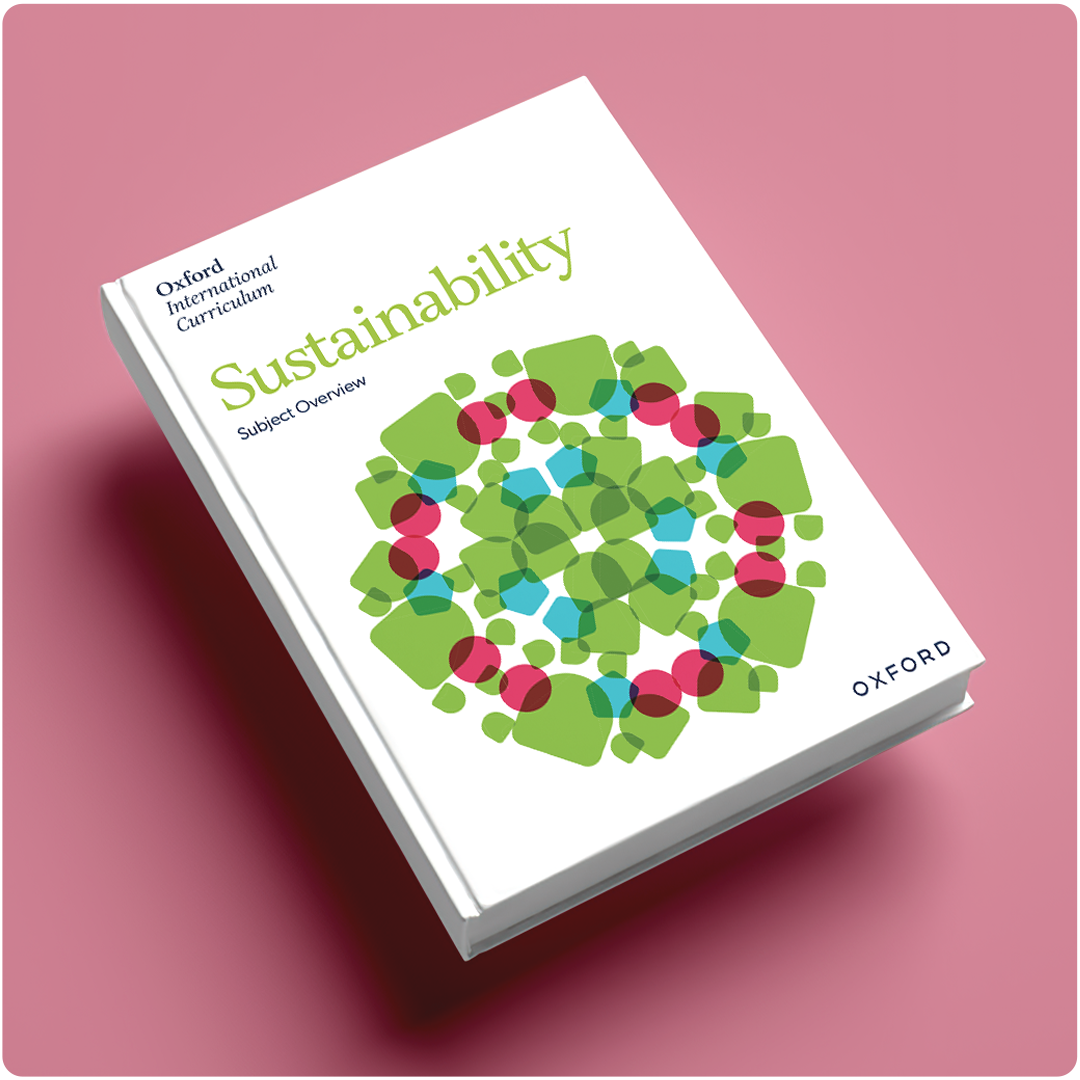
Part of our overall Readerful reading library, Readerful Rise is a new collection that aims to get struggling young readers aged 7-11 motivated through high-engagement, low-reading level books.
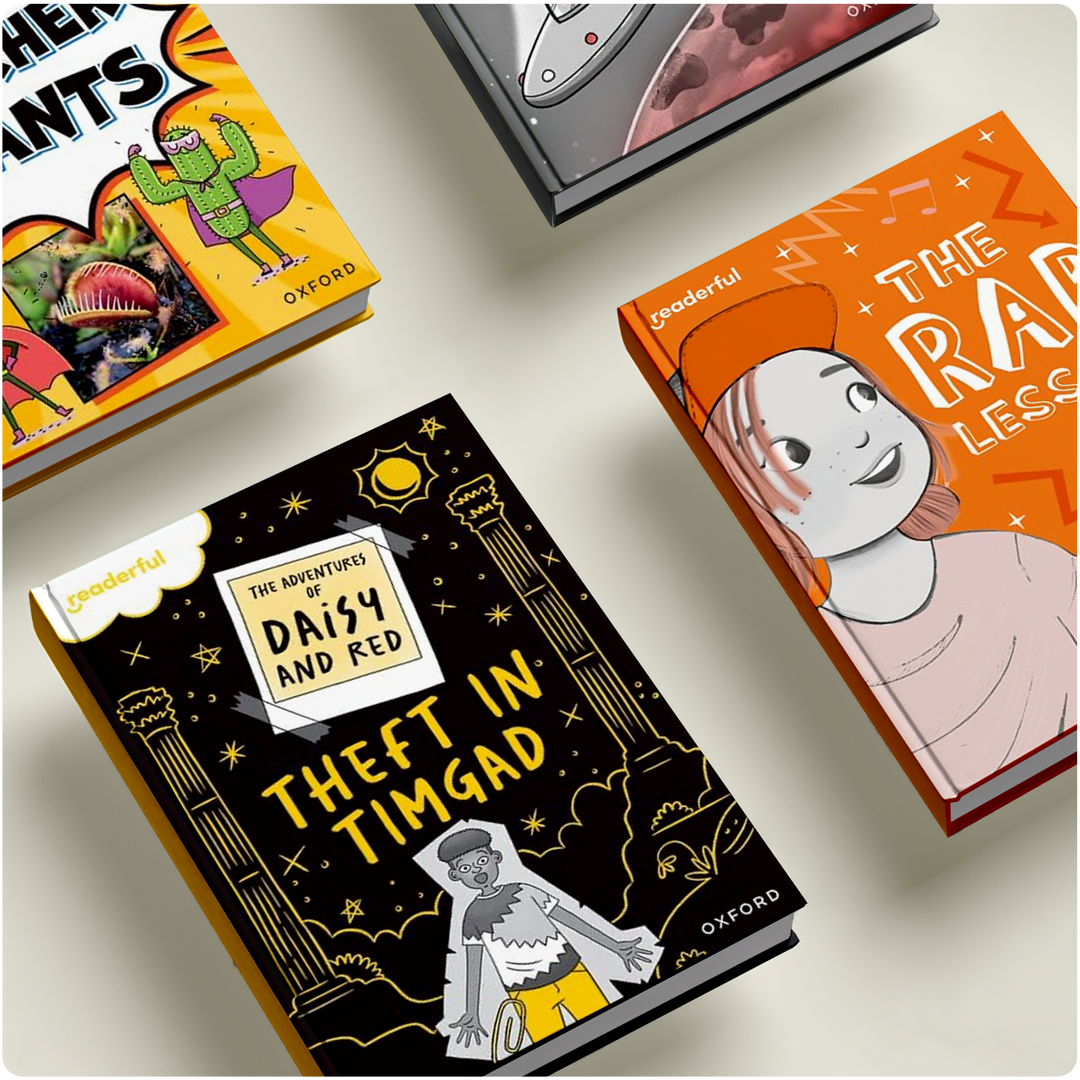
Our sixth Marv title, about a superhero powered by kindness and imagination, was an official World Book Day £1 book in March 2024 giving us the opportunity to get Marv into the hands of thousands of readers across the UK.

Written by and for the transgender community, this year, we sold translation rights for this anthology to Portuguese publisher A Bolha Editora (Rachel Gontijo de Araujo ME) with an agreement to distribute 800 copies without charge to LGBTQ+ organizations and public libraries in Brazil.

A first of its kind in India, My Happiness and Me is a series on wellbeing, health, and life skills. The eight activity workbooks focus on the three main pillars of health and wellbeing: mental, physical, and environmental health, in support of India’s new National Curriculum Framework.

This major new series consists of five volumes and presents three millennia of classical Chinese literature to a global audience for the first time. Yo-Yo Ma, Grammy Award-winning cellist and founder of the Silkroad arts organization, said the series “will give the reader deeper insight into Chinese culture and help bridge the divide between understanding ancient and modern China.”

By presenting a new and diverse set of biographies of women and gender non-conforming persons, this book offers an alternative, more representative history of international law.

A n authoritative work on the clinical care of HIV/AIDS a uthored by over 50 expert clinicians . We updated the latest version to include evolving research on HIV care during the COVID-19 pandemic .

Our English Language Teaching Readers library, Oxford Bookworms, aims to support positive societal and environmental change while improving language skills. A new Oxford Bookworm, Building a Better World, explains the 17 UN Sustainable Development Goals, while Women Who Made a Difference, tells the stories of women who have influenced change.
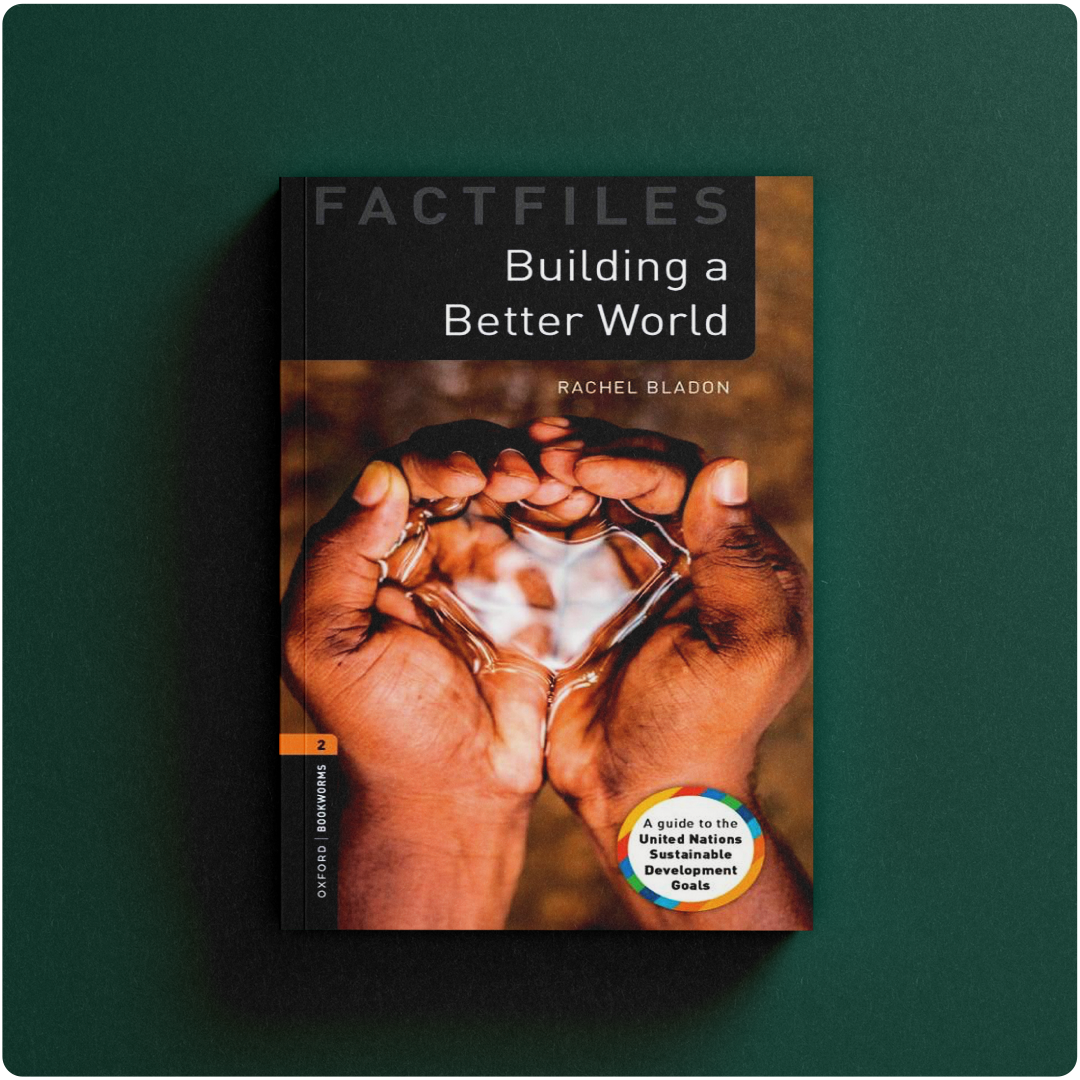

Global Content Director for English Language Teaching, on Oxford Bookworms
“Like much of our English language learning content, our extensive Oxford Bookworms library is introducing learners to important subject matter about the world around them, enabling them to join global conversations and debates in English.”
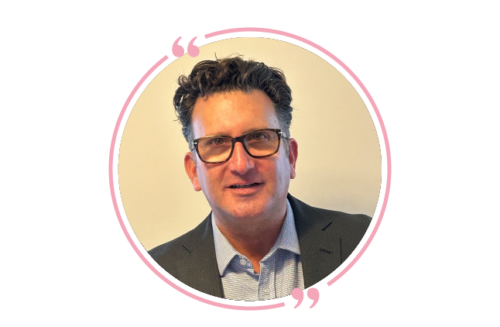
Head of International Market Development & Curriculum, Education, on sustainability education
“In recent years, children have become more concerned about our environment and teachers want help to bring sustainability into the classroom. So, we developed our new Sustainability subject for the Oxford International Curriculum. It will help teachers encourage active exploration and inspire learners to see how they can contribute to solutions—large and small—that make our planet more sustainable.”
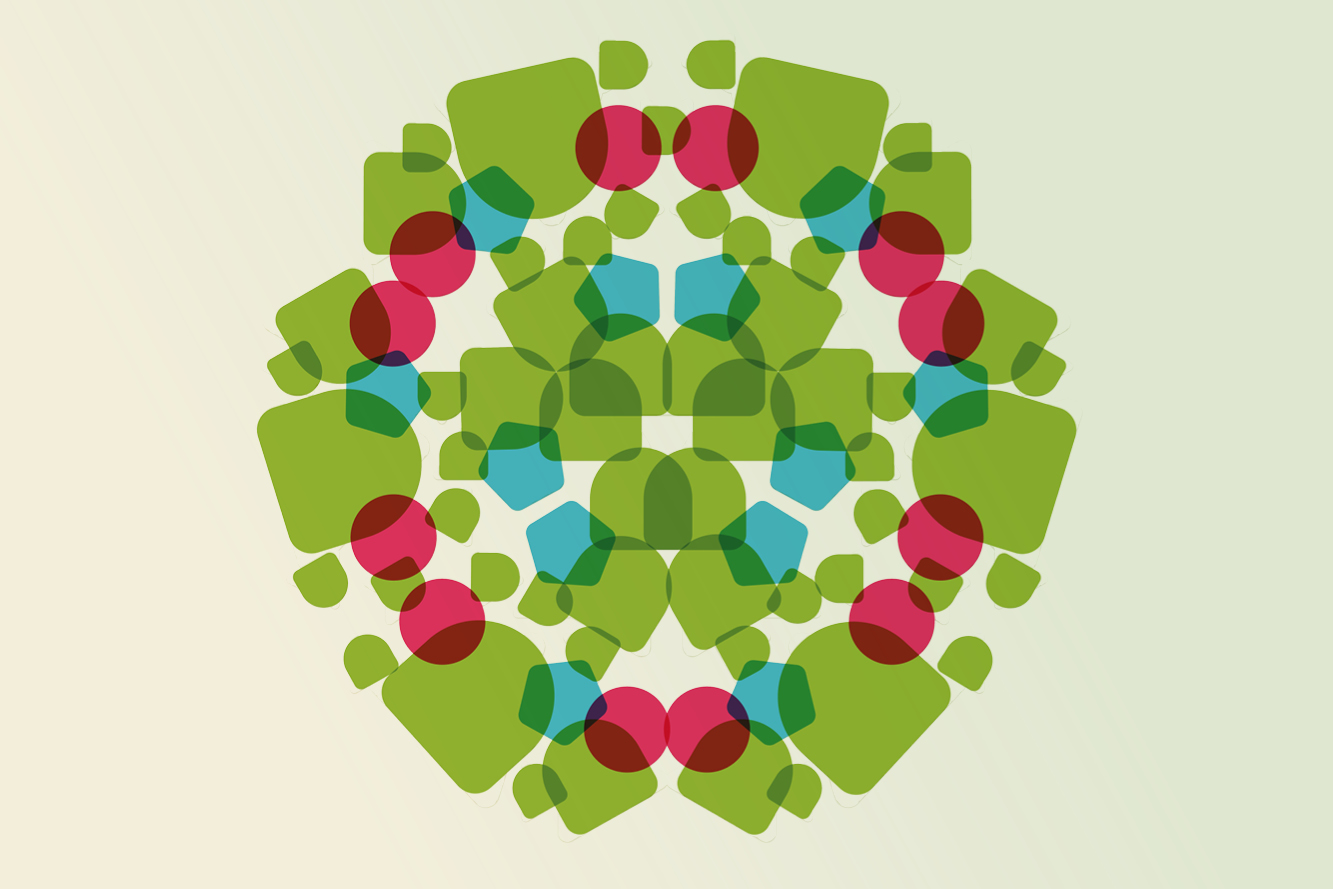

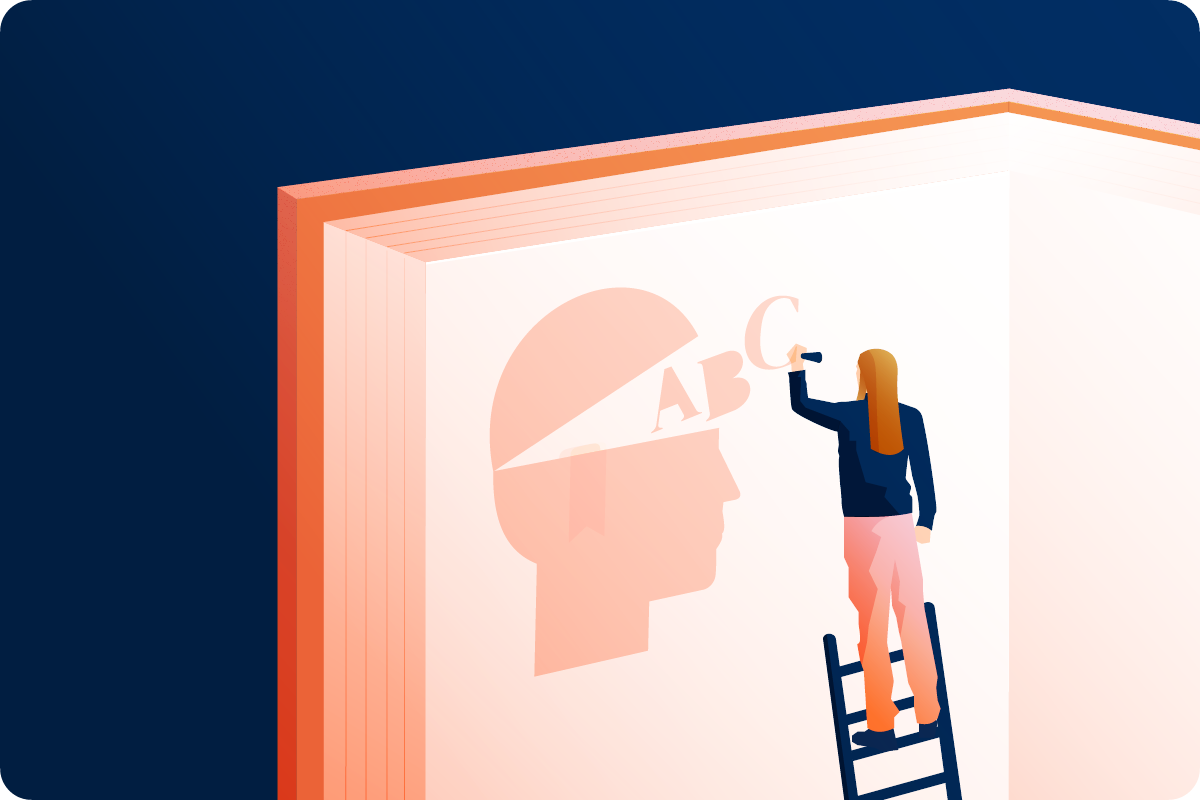



Throughout 2023/24, we continued to work towards the three environmental sustainability targets that we set in 2021, and which we remain committed to achieving by 2025:



More than two thirds of our footprint is the result of greenhouse gas emissions from paper and book production. A further 10% is associated with shipping of print publications, with the remainder coming from our own operations, our use of technology, and outsourced services. In total, around 7% of our emissions are within our direct control and are the focus of our 2025 climate target[2], including:
5,600 tonnes of CO2e from energy supply for our own real estate and third-party warehouses.
4,300 tonnes of CO2e from business travel and company car use.
500 tonnes of CO2e from treatment of waste.
References[1] Data referenced in this section spans the calendar year 2023, rather than the 2023/24 reporting period. Actions and initiatives referenced relate to the 2023/24 reporting period.
[2] Measured in accordance with the Greenhouse Gas Protocol
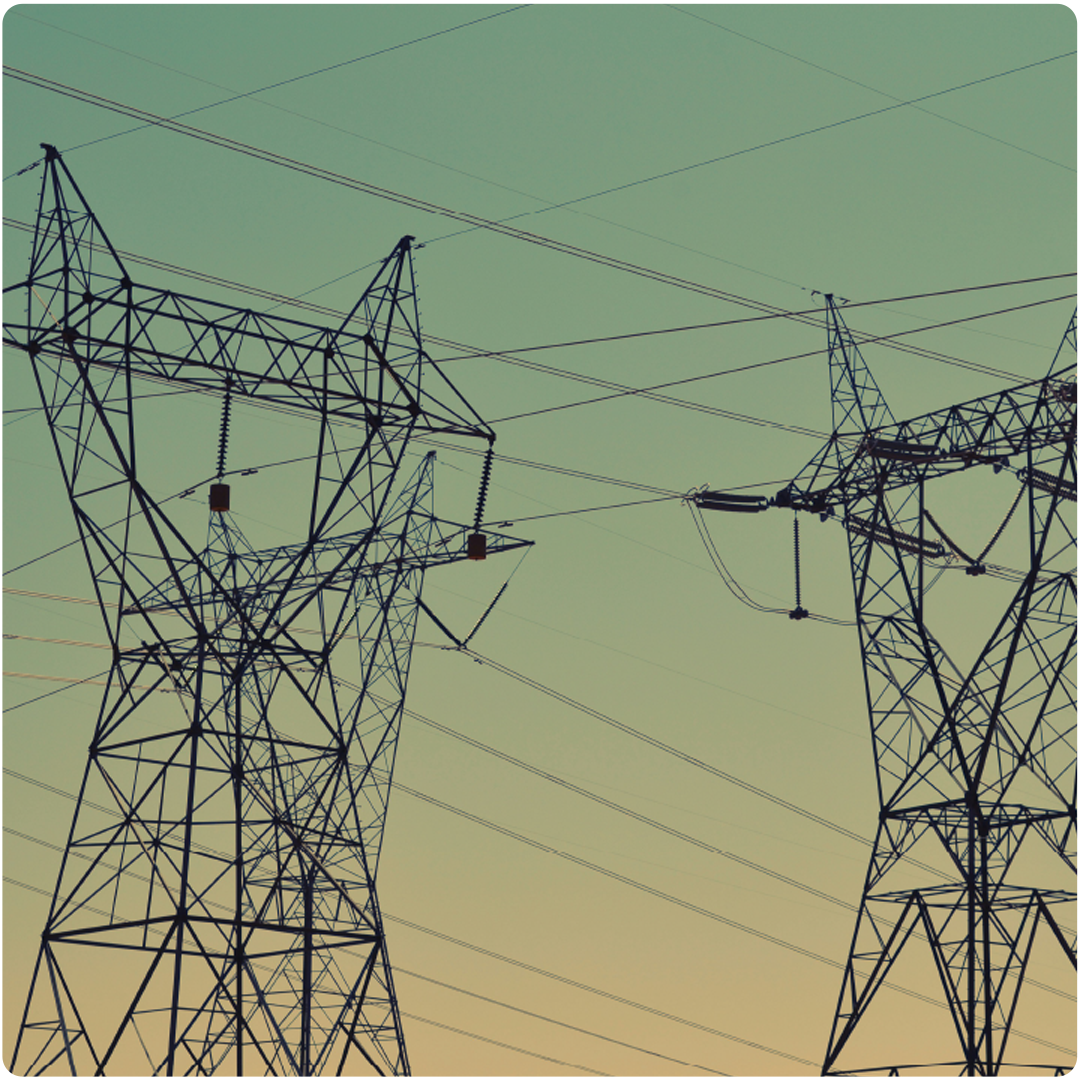


We are also taking steps to increase our understanding of, and mitigate, our future exposure to climate risk. Since conducting a climate risk assessment in 2022, we’ve integrated climate considerations into our risk management processes and engaged our senior leadership teams to capture what climate risk means for our organization.
We rely on natural resources, such as paper, to produce our publications, and are working to source these materials sustainably.
We used around 46,000 tonnes of paper in 2023, 90% of which was certified as sustainable. We have committed to ensuring that all the paper used in our printed publications comes from certified sustainable sources by 2025 and are working closely with our suppliers to achieve this.
Having previously worked with our global suppliers on our sustainable paper requirements, in 2023 we extended this policy to local suppliers. These requirements have since been adopted in several key locations; for example, all the paper we use in Brazil and Pakistan is now certified as sustainable.
We continue to assess how we can change the design and materials used in our publications to further reduce their environmental footprint. Following a workshop about sustainable design delivered by representatives from the Book Chain Project, our Product, Design, and Manufacturing teams are looking for opportunities to use more sustainable materials and to phase out high impact finishes such as glitter.
In India, the Manufacturing team has reduced the use of plastic for publication covers by around 35 tonnes per year. This has been achieved through:
We are also assessing how we can make our marketing materials more sustainable. In 2023, our Sustainable Marketing Working Group, formed of marketers from across the organization, launched its Sustainable Marketing Guidelines for colleagues globally.
In 2023, we generated around 2,200 tonnes of waste, of which 85% was recycled. An estimated 6% of waste went to landfill, with the remainder going to energy-from-waste facilities.
We have made significant progress towards our target of sending zero waste to landfill by 2025. Three of our locations have achieved zero waste to landfill: our Oxford office, our office in New York, USA, and our largest warehouse in Kettering, UK. Together these locations represented a quarter of all the waste generated by our operations in 2023.
We aim to ensure that recycling facilities globally follow local best practice. However, in many of the markets in which we operate, a lack of energy-from-waste facilities means that landfill will be required for the foreseeable future. In these markets the priority is to reduce waste generation.
Office wasteWe have taken a series of steps to reduce waste from our offices, including:
In our warehouses, actions in 2023/24 included:
We are committed to reducing the amount of stock that goes to waste sites, and to ensure that any publications not sold are either donated or recycled. This year, we focused on:

We are also working to improve our understanding of our reliance on nature, and to identify further actions we can take to reduce our impact. In 2023 we worked with sustainability consultants Carnstone to conduct a biodiversity impact assessment which will form the basis of a longer term nature target.
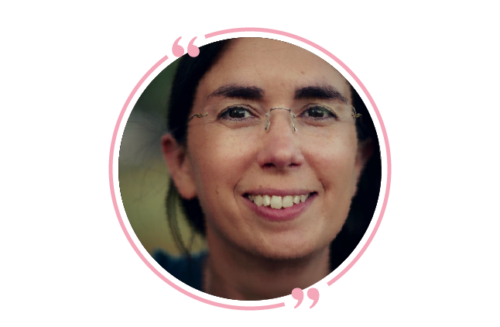
Director of Sustainability, Oxford University Press, on our progress against sustainability targets
“With climate change becoming an ever-increasing risk to life, it’s important that we tangibly reduce our impact on the climate and nature. I’m proud to see the progress that we’ve made against our environmental sustainability targets, with significant developments to reduce waste, use paper from certified sustainable sources, and cut our carbon footprint. Looking to the future, we’ll continue to work closely with colleagues, suppliers, and the communities we serve to identify further actions we can take to reduce our impact.”
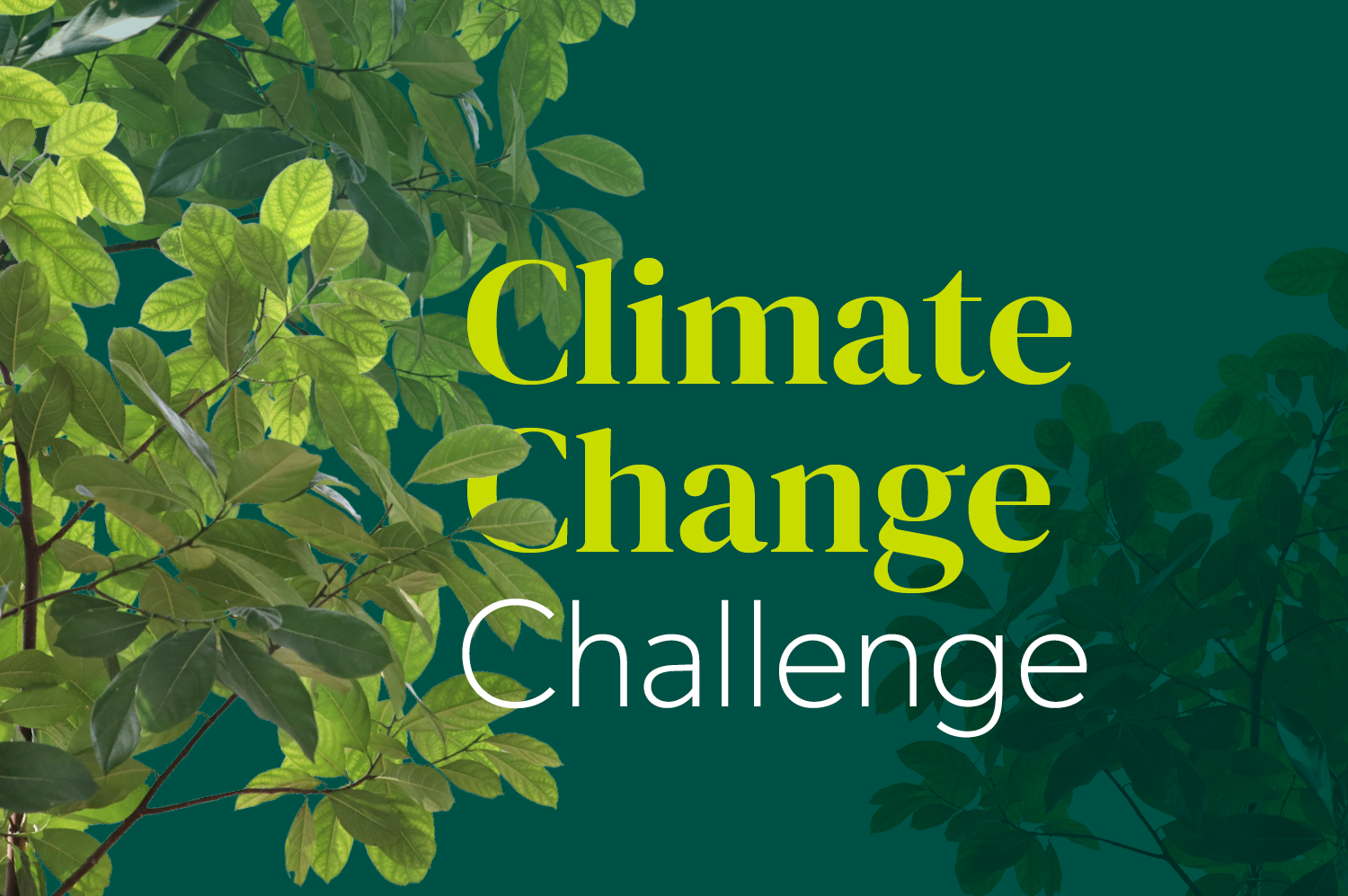


In 2023, we updated our Ethical Policies and made them available in 16 languages. We also updated our Partner Code of Conduct which is available in 20 languages. These documents underpin the way all colleagues and business partners work at OUP.
We maintain and actively promote a zero-tolerance stance to bribery, fraud, and other ethical misconduct, and provide a confidential Speak Up line for colleagues to report any matters that potentially fall short of our standards.
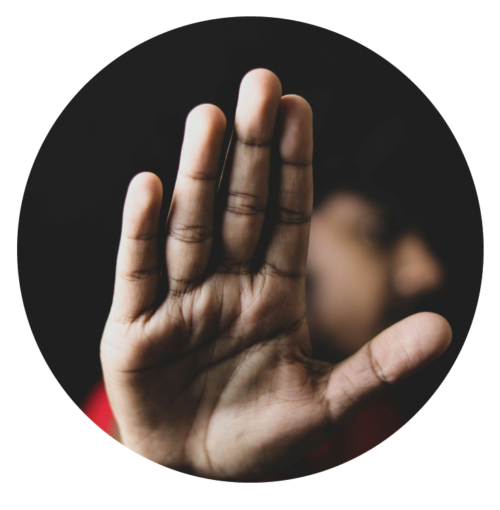
In 2023, we carried out 15 modern slavery audits across our supply base, spanning three continents. Colleagues and key external partners underwent additional training to spot key signs of modern slavery. In cases where these are detected or suspected, OUP works with the third party in question to mitigate the risk.
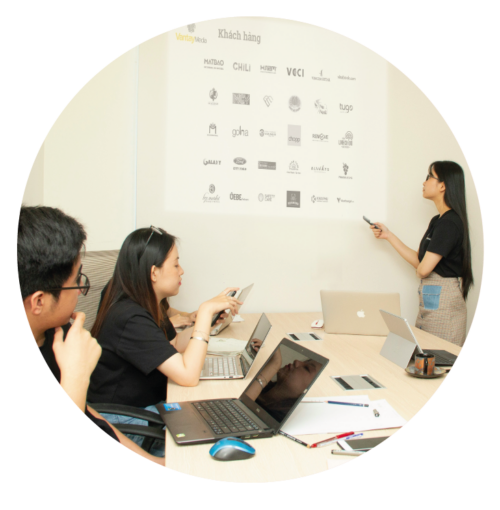
Our colleagues participated in mandatory ethics and compliance training in 2023. All colleagues and contractors were required to certify that they understand and will comply with the requirements of all our Ethical Policies and Code of Conduct in our annual online refresher ethics and compliance training.
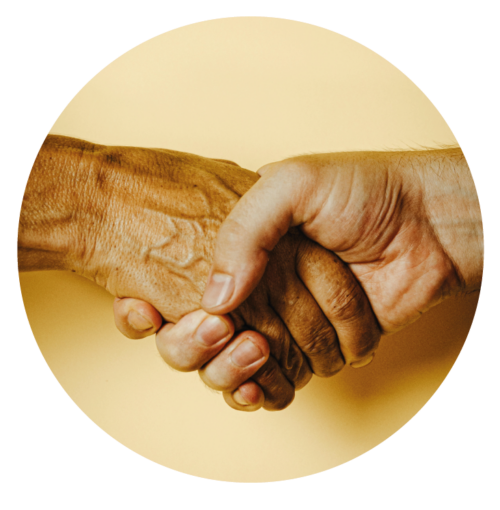
All new and existing business partners are asked to work in accordance with our Partner Code of Conduct. Additional checks were also carried out where necessary to ensure we select like-minded, ethical partners.
We recognize that we are all unique, and that is why we are united in our goal to prioritize wellbeing, inclusion, and professional development for ourselves, our teams, and our colleagues.





We launched our new global Pathways programme, designed to help all colleagues to explore their potential and develop their careers at OUP, wherever they are in their journey. Participants are offered three learning pathways depending on their career stage, as well as hearing career stories from colleagues and learning about the different business functions at OUP. More than 230 people joined the first cohort.
Apprenticeship programmes78 colleagues joined one of the 15 different apprenticeship programmes we offered in 2023.
Workplace coachingWe continued our Workplace Coaching Programme which has led to almost 300 partnerships since 2021. This year, there were 81 new partnerships and 94% of coachees reported that coaching supported them in achieving their goals.
Manager Coaching CirclesAround 150 managers received support through Manager Coaching Circles. This initiative offers an opportunity for colleagues to discuss common management challenges and explore different approaches in a safe, confidential environment.
ELEVATE programmeColleagues continued to benefit from our ELEVATE programme, which supports underrepresented groups to grow and develop in their careers. Since completing the programme:

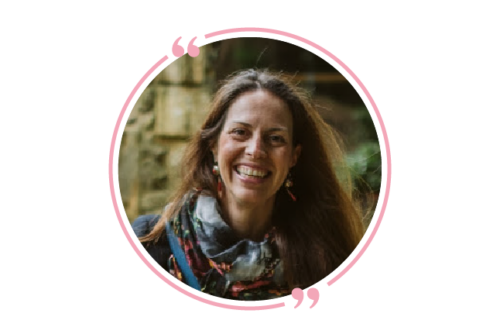
Group HR Director, Oxford University Press, on how we support our people
“ At OUP, w e want people to grow and feel like they belong , which is why we continue to look for ways to better support wellbeing, inclusion, and professional development. Some of our key highlights from the past year include l aunching new internal development programme , Pathways , and the second phase of our flagship global inclusion programme . I truly look forward to seeing the continued benefits to colleagues as a result of these initiatives .”
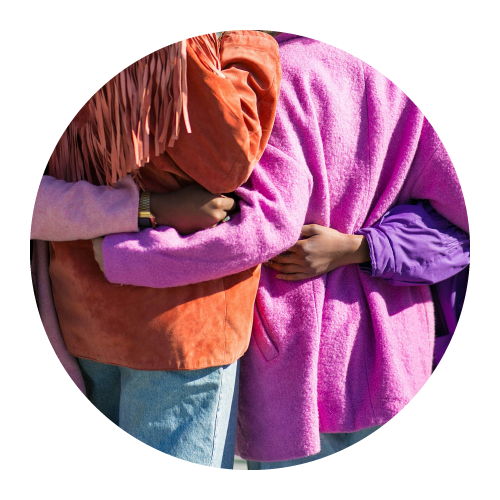
We acknowledge our differences and actively seek diverse perspectives to make the best decisions.
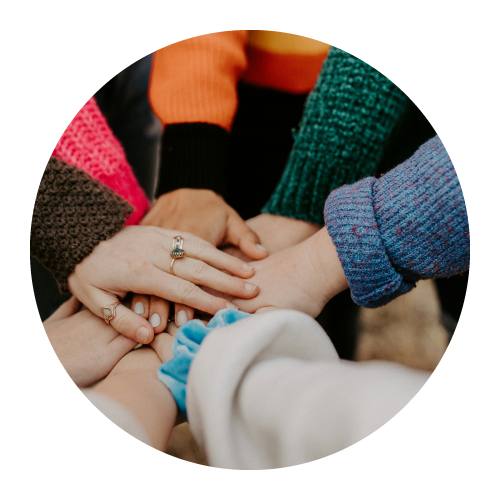
We recognize and address our unconscious biases while hiring and progressing diverse talent.
Global Inclusion Programme – from awareness to action
We launched the second phase of our flagship global inclusion programme this year with an e-learning module focusing on moving ‘from awareness to action’, helping colleagues to harness the power of active allyship. 87% of colleagues from 56 countries completed the training, with 94% saying they would recommend it to others.
Capturing diversity data
We upgraded our HR systems by creating new fields and adding more options for colleagues to choose to describe their personal characteristics. Although we recognize that updating individual profiles is a personal choice, we encourage colleagues to provide this information to help us better understand the diversity of our workforce.
Celebrating wellbeing at OUP
For the first time we marked Inclusion Week 2023 (25 September – 1 October) and World Mental Health Day (10 October) together by organizing a range of activities for colleagues. These included engaging speaker sessions as well as webinars and training about allyship. More than 3,500 colleagues worldwide took part.
Following on from this focus on wellbeing and inclusion, we recruited 60 self-nominated, CPD-accredited Wellbeing Champions from OUP offices across the world. This network will support colleagues with wellbeing advice and support.
Global menopause guidelines
Among several policies and guidance documents focused on wellbeing and inclusion that were released this year were our global menopause guidelines. The guidelines are designed to empower individuals and provide them with information, resources, and a supportive work environment, as well as offering advice for managers. Normalizing conversations about menopause through knowledge and understanding means we can create a more compassionate and accommodating workplace culture for all.